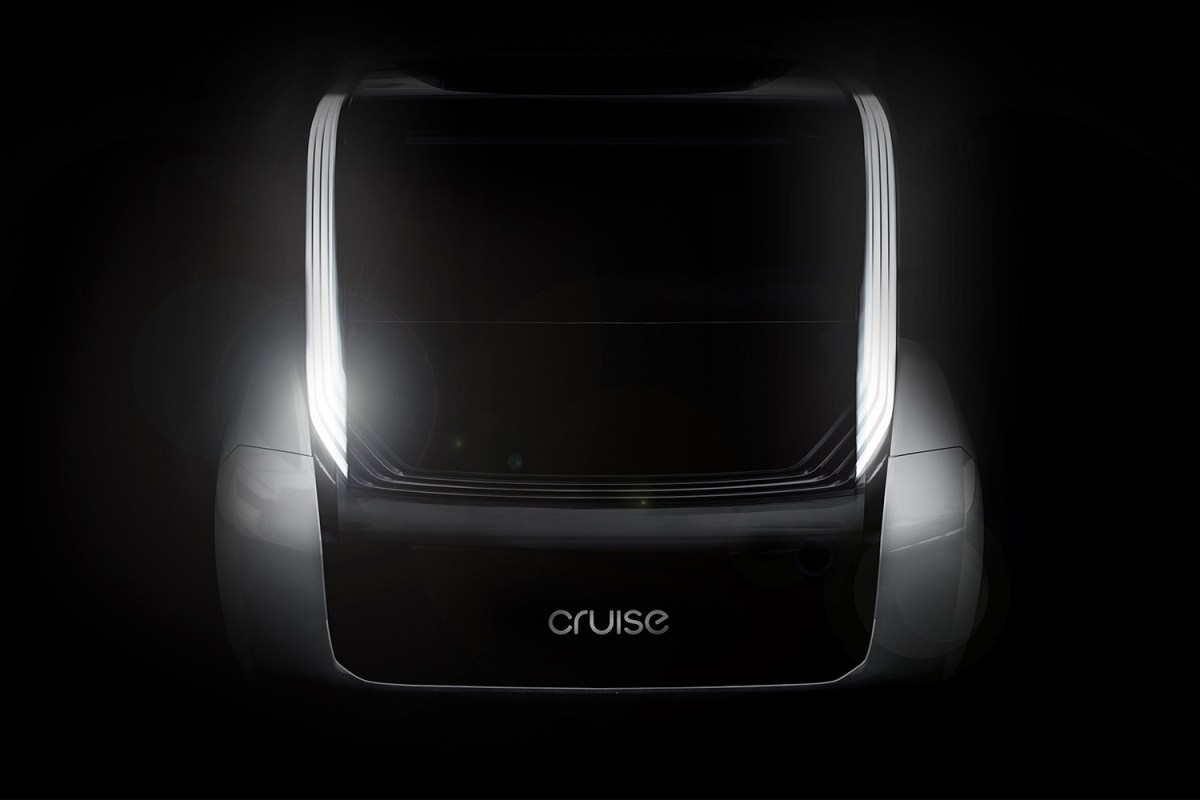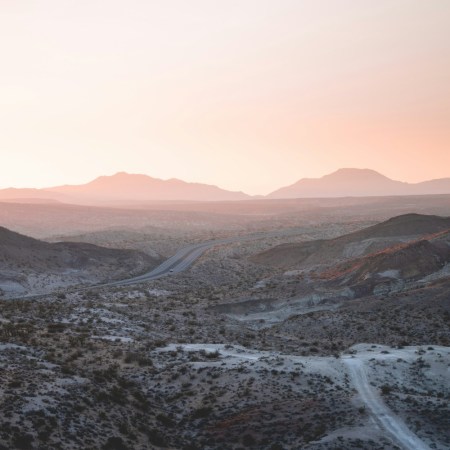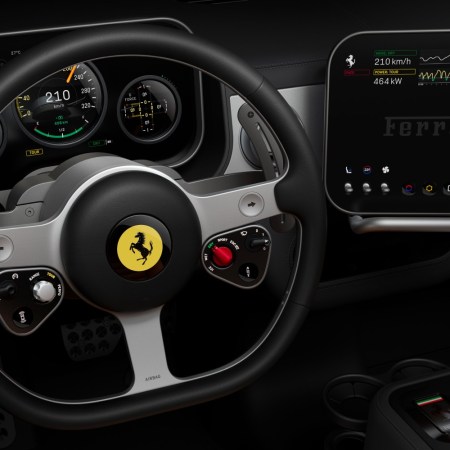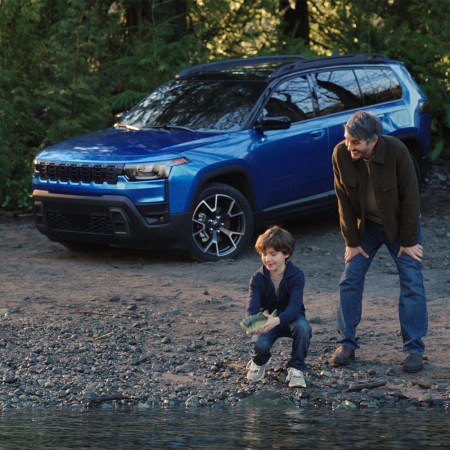The race to build the first autonomous car has been happening for years, but the self-driving revolution hasn’t materialized as technology fails to keep up with aspiration. Today, that may change.
On Tuesday, self-driving startup Cruise, which is owned by General Motors, is finally unveiling its first wholly autonomous car, according to anonymous sources in Bloomberg. It’s set to be a major milestone in the industry, but as Ray Wert, a Cruise spokesperson, told the magazine, there’s one important thing to note: “It is definitely not a car.”
Not a car? Then what is it? All will be revealed at an event in San Francisco if Bloomberg’s sources are correct.
What we do know, from a blog published by Cruise CEO Dan Ammann in December, is that the vehicle will “improve safety by removing the human driver, reduce emissions by being all-electric, and reduce congestion through making shared rides more compelling by providing an awesome experience at a radically lower cost.” Some of the design elements of the not-a-car that will reflect those goals include the absence of a steering wheel and pedals.
These radical changes would be a huge step forward in the world of self-driving, if Cruise does deliver at the launch event, not only because the vehicle would surpass semi-autonomous options currently on the road (like Tesla with its Autopilot feature, which we’re obligated to remind you is still not fully autonomous) but because the backing of General Motors could put these vehicles on the road soon.
“Cruise has a permit from California to test its autonomous vehicles on public roads,” writes Bloomberg. “Its executives have been talking with state officials about creating rules that will allow the company to charge for rides in self-driving cars.”
It really helps to have the backing of one of the Big Three automakers when you’re trying to put a radically new vehicle on the road; just don’t call it a car.
Subscribe here for our free daily newsletter.
Thanks for reading InsideHook. Sign up for our daily newsletter and be in the know.


















